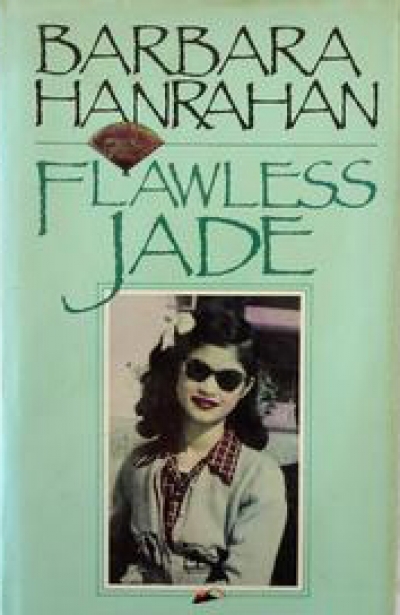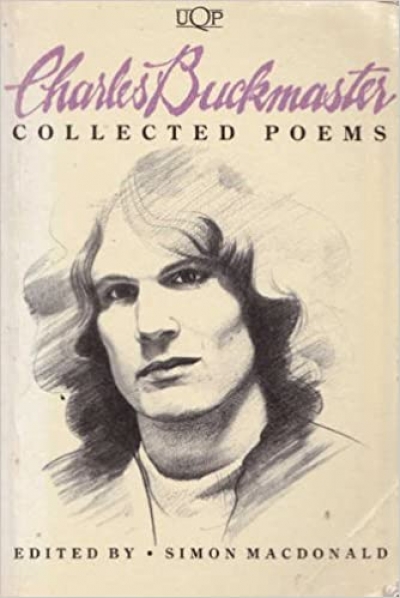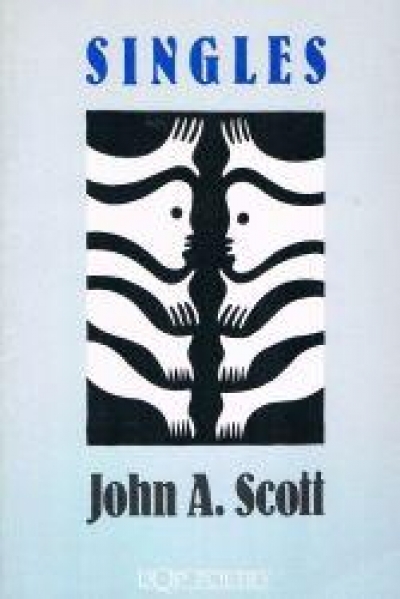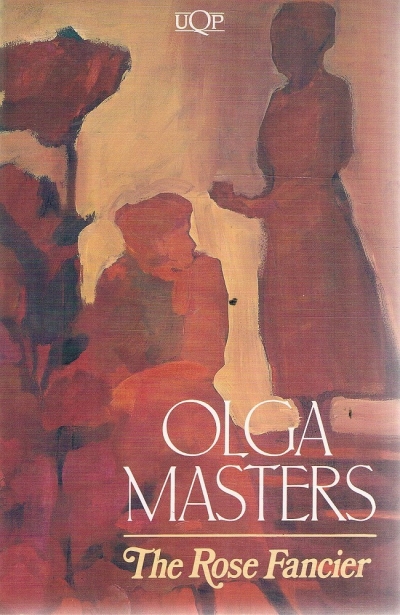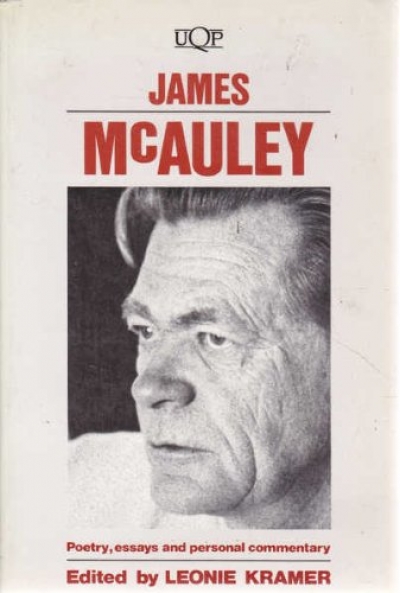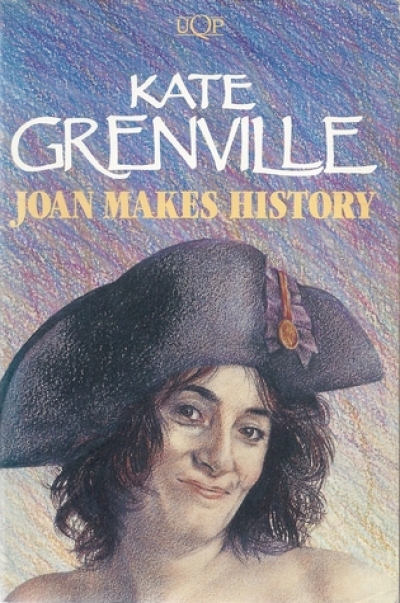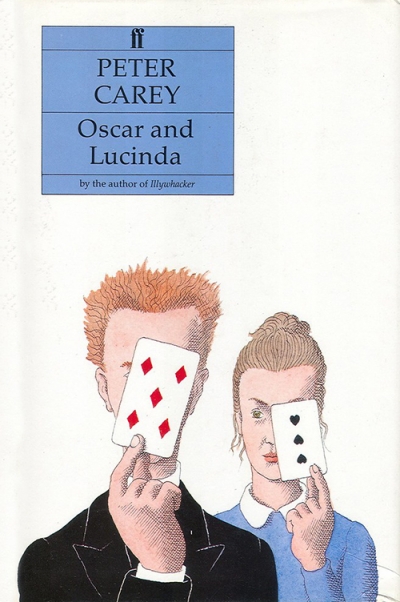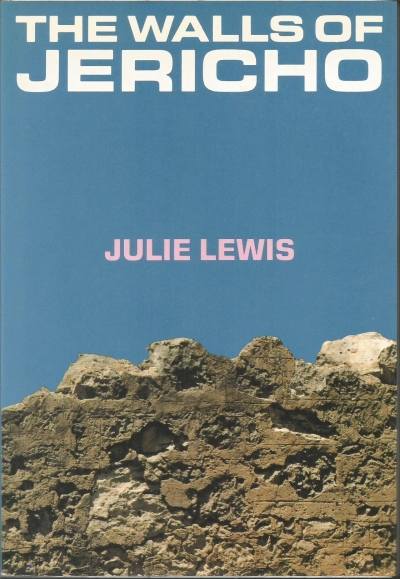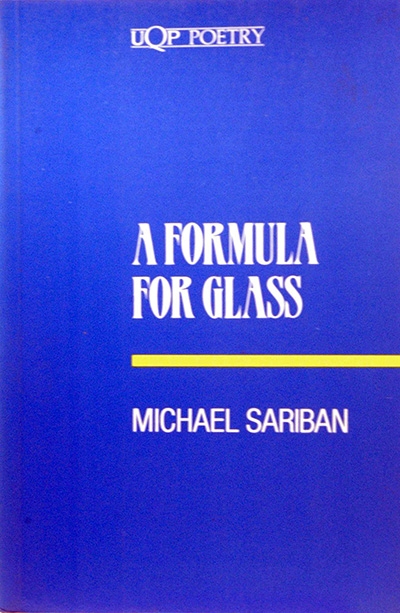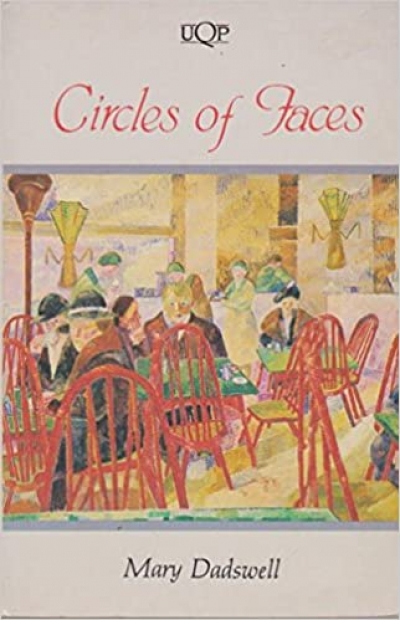University of Queensland Press
James McAuley: Poetry, essays and personal commentary edited by Leonie Kramer
by Lyn McCredden •
The Walls of Jericho by Julie Lewis & The Wild Dogs by Peter Skrzynecki
by Brenda Walker •
Circles of Faces by Mary Dadswell & Self Possession by Marion Halligan
by Jenna Mead •

